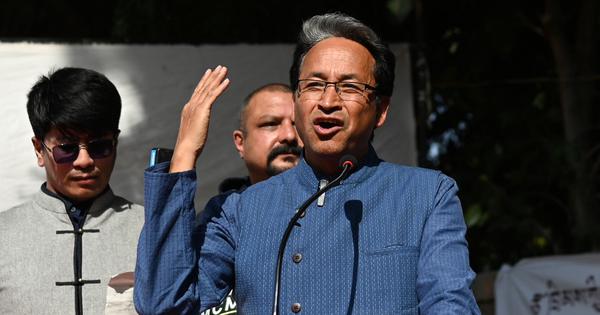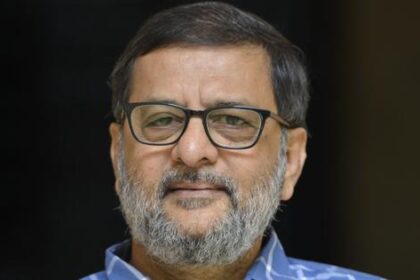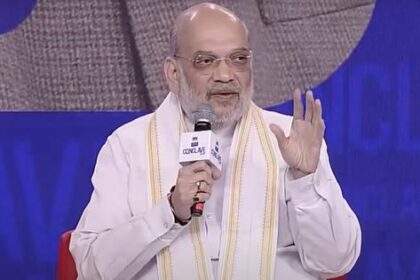Congress and other leaders criticize the BJP for failing to address issues in Ladakh following Wangchuk’s arrest.
The arrest of activist Sonam Wangchuk has been characterized by the Congress party as a maneuver by the Bharatiya Janata Party (BJP) to distract from its failures regarding law and order in Ladakh. Jairam Ramesh, the Congress communications chief, stated that the BJP has misled the people of Ladakh over the years, asserting that the party’s actions have failed to provide the promised security for life and property in the region.
Wangchuk was taken into custody in Leh on Friday, just two days after police fired upon protesters, resulting in the deaths of four individuals. These protests were focused on demands for statehood for Ladakh and its inclusion in the Sixth Schedule of the Indian Constitution. The clashes escalated as demonstrators engaged in stone-pelting and set fire to a BJP office and a police vehicle. Following these events, the Union government attributed the unrest to Wangchuk’s alleged ‘provocative statements.’
In the aftermath of the violence, the district administration imposed a curfew in Leh, and internet services were suspended following Wangchuk’s arrest. Ramesh criticized the BJP for failing to fulfill its 2020 promise to grant Sixth Schedule status to Ladakh during the Leh Hill Council Elections. This constitutional provision is intended to safeguard land rights and provide a degree of autonomy for citizens in tribal areas, of which over 97% of Ladakh’s population belongs to the Scheduled Tribes.
Ramesh pointed out that while the government claimed to have granted autonomy to Ladakh from Jammu and Kashmir, it has effectively dismantled democratic structures in the Union Territory. He emphasized that the Modi administration cannot simply ignore these pressing issues or suppress dissent through arrests, urging the government to engage earnestly with the people of Ladakh.
Rashtriya Janata Dal leader Manoj Kumar Jha echoed these sentiments, describing Wangchuk’s arrest under the National Security Act as indicative of a broader troubling trend in India. He warned that this situation reflects an encroaching Orwellian state where citizens are judged not only for their actions but also for their thoughts and expressions against authority.
Jammu and Kashmir Chief Minister Omar Abdullah also expressed regret over Wangchuk’s arrest, criticizing the BJP-led National Democratic Alliance for reneging on its commitments to the people of Ladakh. Abdullah questioned the motivations behind the central government’s decision to retract its promises, highlighting the necessity for accountability.
The Aam Aadmi Party joined the chorus of criticism, asserting that the Modi government’s actions against Wangchuk, who was advocating for the rights of Ladakh, signify a descent into dictatorship. This backdrop of unrest follows the BJP-led Union government’s abrogation of Jammu and Kashmir’s special status in 2019, resulting in the bifurcation of the state into the Union Territories of Jammu and Kashmir and Ladakh. The absence of a local legislature has led to growing insecurities among Ladakh’s residents concerning their land, resources, and livelihoods, amplifying fears about the preservation of their cultural identity and fragile ecosystem.
Civil society groups continue to demand that Ladakh be included in the Sixth Schedule to ensure the protection of its identity, which would facilitate the establishment of autonomous councils to manage local governance related to land, public health, and agriculture.








